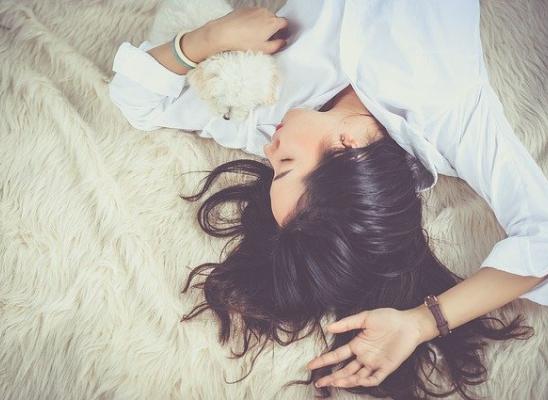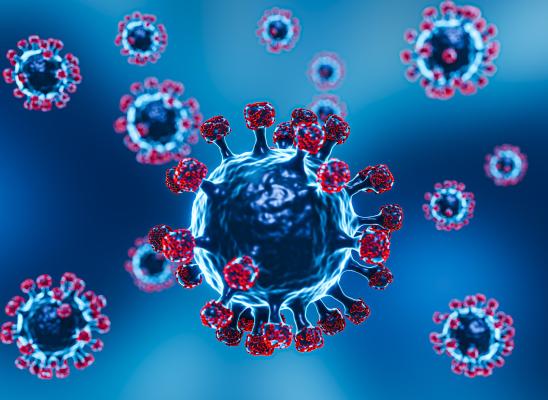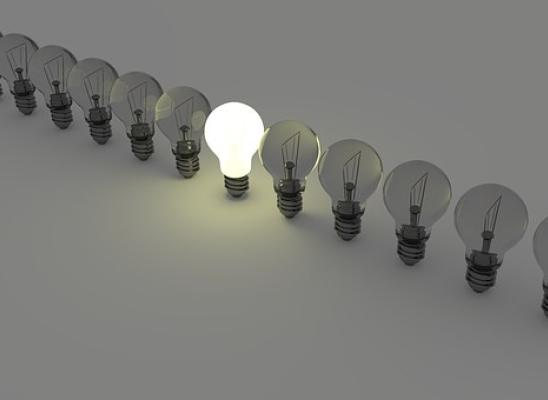The Effects of Compulsive Hair Pulling On Self Esteem
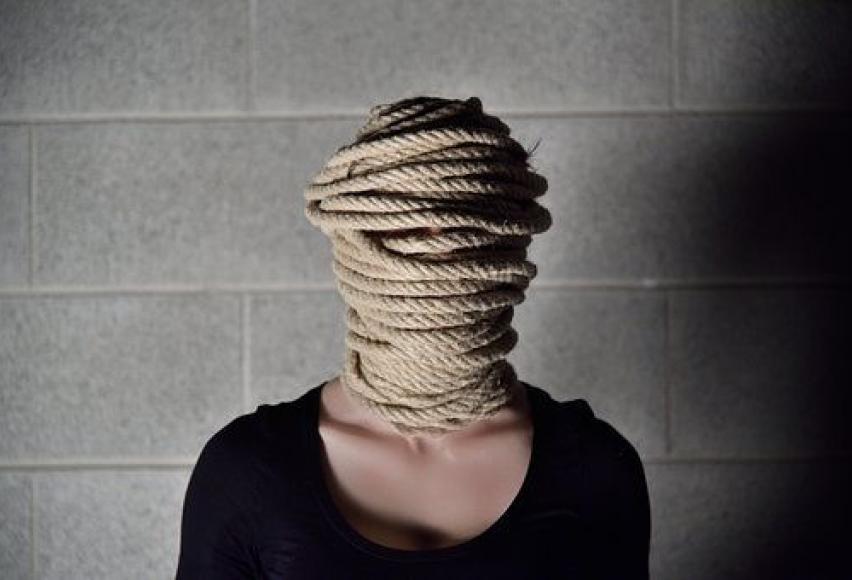
Online test
Find out the severity of your symptoms with this free online test
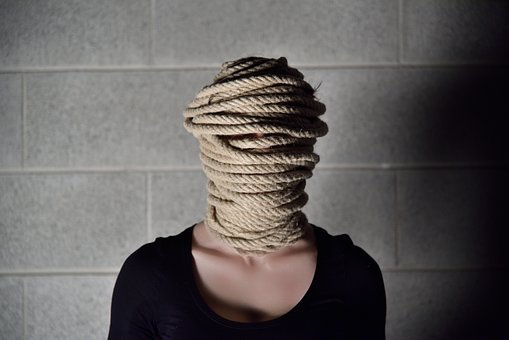
There are different levels of severity of trichotillomania, but for many, shame and embarrassment about hair pulling causes painful isolation and results in a great deal of emotional distress, placing them at risk for a co-occurring psychiatric disorders, such as a mood or anxiety disorder. Hair pulling can lead to great tension and strained relationships with family members and friends. Understanding how trichotillomania may affect the different aspects of your life may encourage you to get the help you need and deserve.
Physical Effects of Hair Pulling
The act of pulling hair can be damaging and risky to the body, especially over long periods of time. Over time, the negative physical attributes associated with hair pulling can present themselves in the following manifestations:
- Infections in skin or hair root site
- Permanent hair loss
- Repetitive stress injury
- Carpal tunnel syndrome
- Gastrointestinal obstruction if hair is ingested
- Unusual patches of baldness on the scalp
- Sparse eyebrows or eyelashes
- Irritated patches of skin where hair has been routinely pulled
Psychological Effects of Hair Pulling
Trichotillomania will have a tremendous impact on your mental health, particularly if it is left untreated. The short-term and long-term psychological impact that is associated with trichotillomania can be far worse than the disorder’s physical manifestations because it affects so much more than just the way a person looks. However, it should be noted that the physical effects of hair pulling play a large role in developing some of the psychological issues that drive the disorder. Some of the psychological effects that may be experienced include:
Poor body image due to hair loss and skin damage
A person suffering from hair pulling may simply not feel good enough about themselves to engage in social interaction of any kind, or that they are not worthy of other people’s time, lest they get judged solely on their own disorder. In a way, this lack of self-esteem serves as the groundwork for the anxiety, depression, and most of the other negative emotional feelings that a person suffering from trichotillomania may feel. Because those with low self-esteem feel so inadequate, they automatically think that others see them in the same way and that others are laughing at them, will likely reject them, do not respect them, and will take advantage of them. Consequently they tend to watch for signs this is happening, further reinforcing the belief.
Fear and anxiety - the cornerstones of low self-esteem
Those who suffer from compulsive hair pulling disorder may experience extreme fear and anxiety frequently. Believing that there is something innately wrong with themselves. During these attacks you may attack or withdraw and isolate while feeling embarrassed, humiliated, devastated, depressed, and even despairing.
Because of low self-esteem persons with trichotillomania may also experience the following Social effects
- Increased isolation and withdrawal from loved ones due to embarrassment
- Lack of enjoyment in hobbies or activities once enjoyed
- Decreased performance in work or school
- Avoidance of social situations in order to hide resulting hair loss
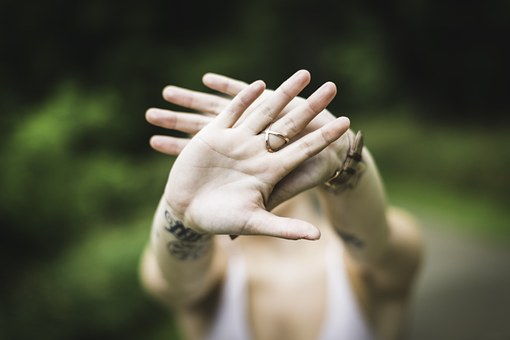
Treatments to help manage or minimize these effects
While there are many different therapies that a person suffering from trichotillomania can utilize in order to combat the negative emotions that are related to the disorder, the first step that should be taken is the realization that the sufferer is not alone in their journey to treat the condition. This realization will serve as a critical first step into the person gaining the confidence that comes in knowing that they do not have to fight this battle alone, and this recovery of self-esteem could help eventually lessen the negative emotional impact that trichotillomania can bring.
If you or a loved one has been suffering with trichotillomania, take comfort in knowing that you are not alone in your trials. Fortunately, by seeking the appropriate help and care you need, you can find healing and hope from this mental illness. Many people with trichotillomania report feeling alone in their experience of hair pulling. It may help to join a support group for people with trichotillomania so that you can meet others with similar experiences who can relate to your feelings.
Psychotherapy (also known as talk therapy) can be an important part of treatment for depression or bipolar disorder (manic depression). A good therapist can help you cope with feelings and symptoms, and change behaviour patterns that may contribute to your illness. Talk therapy is not just “talking about your problems”; it is also working toward solutions. Some therapy may involve homework, such as tracking your moods, writing about your thoughts, or participating in social activities that have caused anxiety in the past. You might be encouraged to look at things in a different way or learn new ways to react to events or people.
Research thus far has shown that the most effective treatment for TTM and other body-focused repetitive behaviours such as tics, nail biting, and skin picking; is cognitive behavioural therapy (CBT), including habit reversal training (HRT), Acceptance and Commitment based therapy (ACT), and Mindfulness. There are four main components for habit reversal training:
At Trichstop we have applied a combination of CBT techniques based on outcomes based research into our online therapy program. While there is no perfect treatment, and while different treatments work differently for each person, we believe that a holistic, individualized approach to treatment is the most effective and sustainable way to go.
Sources:
https://www.addictionhope.com/mood-disorder/trichotillomania/
http://www.getesteem.com/lse-symptoms/symptom-details.html
http://psychcentral.com/lib/whats-the-best-treatment-for-hair-pulling-disorder/
Online test
Find out the severity of your symptoms with this free online test
Start your journey with TrichStop
Take control of your life and find freedom from hair pulling through professional therapy and evidence-based behavioral techniques.
Start Now
